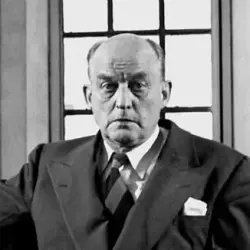For the religious maximalist, there is no room for cynical determinism. Rather we are free and empowered to bring about real progress in the world. The Kabbalists explain that the world is saturated with Divinity that longs to return to its Divine source. This happens through good acts (tikkunim). Messianism, however, embraces not only the end (messianic times) but also the process (repairing the world each moment).
Rabbi Jonathan Sacks says it well: "In Judaism, faith is not acceptance but protest, against the world that is, in the name of the world that is not yet but ought to be. Faith lies not in the answer but the question—and the greater the human being, the more intense the question. The Bible is not a metaphysical opium but its opposite. Its aim is not to transport the believer to a private heaven. Instead, its impassioned, sustained desire is to bring heaven down to earth. Until we have done this, there is work still to do" (To Heal a Fractured World, 27).
One can obviously be moral and effective in social justice work and not embrace G-d, just as one can be devout religiously and not create any serious social justice impact. However, as a guiding principle, embracing G-d offers us the potential to raise the bar we set for what we must achieve and for how we must achieve it. G-d is the most powerful reality ever encountered, and like no other idea, embrace of the Divine can inspire humankind to ideal goodness and transformative justice. Merely embracing our own human authority represents a failure to recognize the power and truth of our calling, destiny, and command. Embracing the humility to acknowledge a power beyond us demands social protest not Divine submission. Together, as servants, we serve G-d by healing the world.




